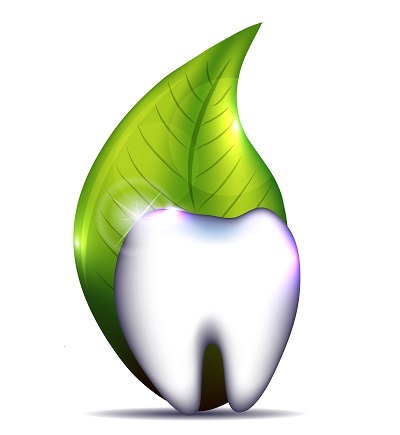Holistic dental care is an alternative approach to dentistry, which attempts to consider your overall health as it relates to your dental health. A holistic dentist may ask you questions about your emotions, well-being, diet and exercise patterns and habits, and other things you might not think of as being related to the health of your teeth.
They operate according to the premise that your teeth form a vitally important part of your body and therefore affect your overall health in significant ways that we may not yet fully understand. Holistic dentists may see your dental health as it relates to other health issues in your body, and treat various health conditions together in parallel, rather than as isolated issues.
The basic goal of biological dentistry is to treat your dental problems while also working in perfect harmony with the rest of your body and its many delicate and intricately intertwined systems. Practitioners may vary quite a bit in terms of the services they offer and the approaches they take to dental care.
Here are a few examples of areas where holistic dentistry may vary from modern mainstream dentistry.
1. Fluoride – Is it Worth the Risk?
Most mainstream dentists use and recommend fluoride toothpaste and fluoride treatments. However, holistic dentists do not generally recommend or use fluoride at all. This is because many holistic dentists remain unconvinced of the scientific merits of fluoride in preventing cavities when applied to the teeth.
This is because fluoride itself is harmful in high doses, and the human mouth lining is extremely absorbent. Certain studies have shown a correlation between high levels of fluoride and autism, kidney disease, diabetes, and thyroid problems. Holistic or biological dentists generally take issue with the idea of putting this substance into the body and argue that we would be better off finding a safer way to prevent cavities that do not pose a risk of side effects or potentially lead to the accumulation of a toxic substance in the body.
2. Root Canals – Helpful or Harmful?
Some holistic dentists are concerned with the effect of root canals on the bacteria in the mouth. They feel that mainstream dental root canal procedures may lead to more harmful bacteria released through the treatment to cause more complex issues in the brain and with the immune system. Some teeth have very intricate canals, making it nearly impossible to truly eradicate the infection. Because this infection is so close to the nerves, it may be better to remove the tooth completely to be sure there is no infection left. Most natural dentist highly recommend replacing this tooth with an implant composed of a highly bio-compatible material, so the jaw bone will continue to be stimulated, and the facial structure will remain intact.
3. Mercury – Toxic?
Mercury is a toxic metal substance that was used in dental fillings for many years. About 50 percent of all dental offices in the United States are now Mercury-free. However, this leads to the natural conclusion that the other half of all dentists may still be using Mercury when other less toxic solutions are readily available. Dentists which still utilize Mercury fillings may use the term “silver filling” to reduce the scare factor of using Mercury but beware that these “silver fillings” are made from Mercury.
After a Mercury amalgam filling is installed, the danger of toxicity is generally greatly reduced. This produces a rather tricky situation in which you may wish to have the toxic Mercury filling removed. However, removing a Mercury filling is inherently dangerous as it involves destabilizing that Mercury during the removal process, which can lead to acute toxicity from the Mercury is released into the mouth (and therefore potentially into the bloodstream – see above comments about fluoride) during the removal process.
Some patients have even reported permanent kidney damage as a result of having a Mercury filling removed by an otherwise competent and well-meaning dentist. The safest course of action is to simply avoid Mercury fillings. If you already have them, you may want to be extremely careful about removal, and be sure to work with a dentist who fully understands the inherent dangers involved in the removal procedure and has a plan to prevent them from becoming a problem or causing any short or long-term health effects.
4. Minimally Invasive Dentistry
On the forefront of holistic dentistry, minimally invasive dentistry is a separate field which aims to go above and beyond the techniques used by holistic dentists. It is along the same lines as holistic dentistry and may be seen as an advance in the field. Minimally invasive dentistry seeks to avoid the use of fillings or drilling entirely by using alternative techniques such as ozone therapy and others which may prevent the need to drill or fill by eliminating the problem by indirect non-invasive methods. With the latest advancements in lasers and other technology, this mode of dentistry is becoming much more popular. Who wouldn’t want to avoid the drill?
5. Diet and Other Factors
Holistic dentists may also suggest changing your diet to include healthier foods with less sugar, fewer sticky or syrupy drinks, and carbonated beverages, and meals which are better for both your teeth and the rest of your body. Remember, holistic dentistry looks at the whole body, not just the mouth, in its treatment of dental health issues.
As with many dental treatment regimens and techniques, holistic dentistry is something you may wish to incorporate alongside your current dental care routine, or just investigate further to decide if it is something you are interested in pursuing further.
